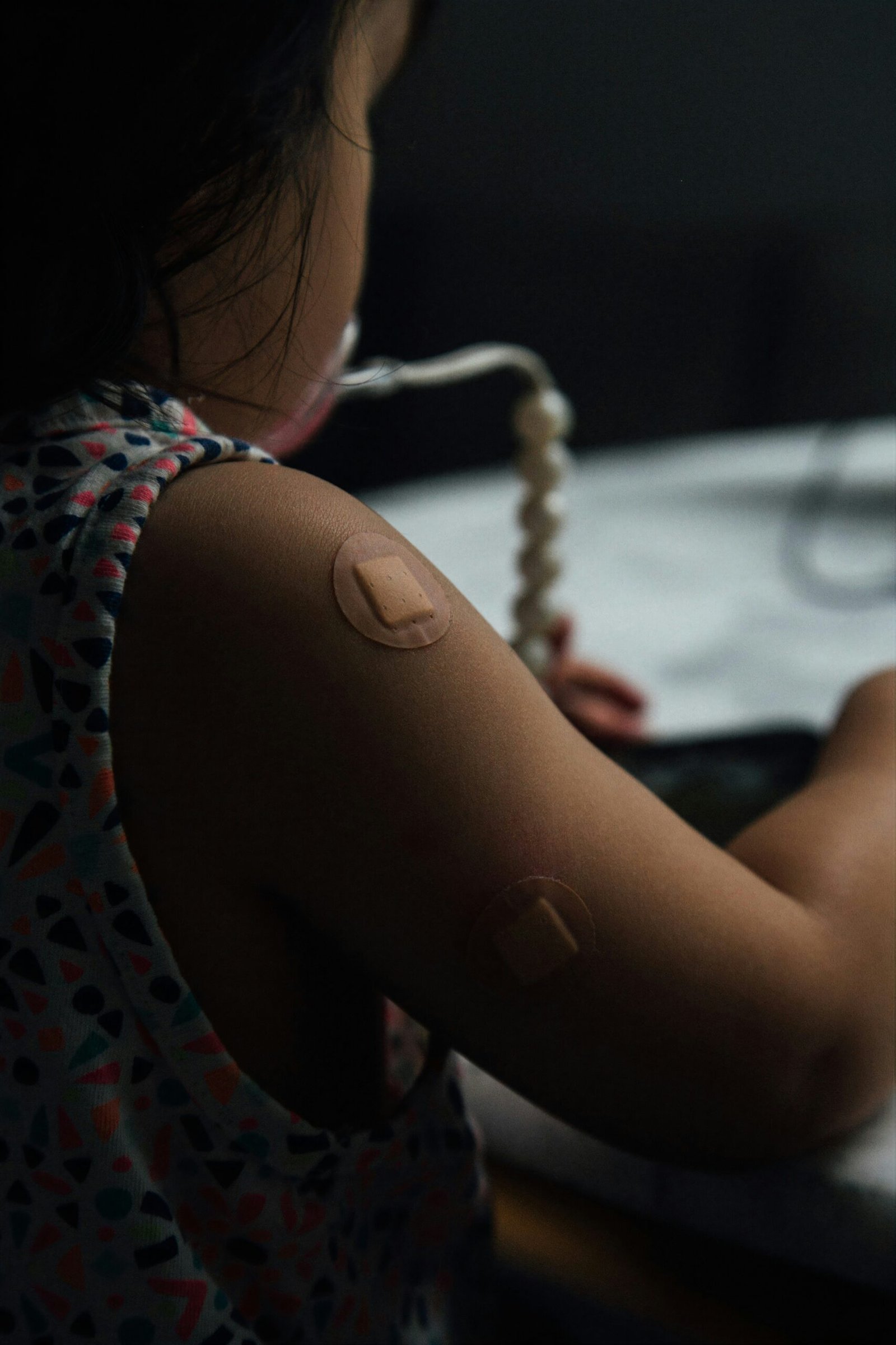
The Significance of World Diabetes Day
World Diabetes Day, observed annually on November 14, was established in 1991 by the International Diabetes Federation (IDF) and the World Health Organization (WHO). This date was selected to commemorate the birth of Sir Frederick Banting, who, alongside Charles Best, co-discovered insulin in 1922. The day serves as a platform to raise awareness about diabetes, a chronic condition affecting millions worldwide, and to promote actions that can mitigate its impact on global health.
The significance of World Diabetes Day lies in its ability to mobilize communities and governments toward addressing the challenges posed by diabetes. It encourages a collaborative approach in education, prevention, and management strategies that aim to reduce both the incidence of diabetes and its complications. With the growing prevalence of both type 1 and type 2 diabetes, this day provides a focused opportunity for advocates and healthcare professionals to share important information and resources related to the disease.
One of the notable symbols of World Diabetes Day is the blue circle, which represents the unity of the global diabetes community in its efforts to raise awareness and promote better management of the condition. The blue circle symbolizes the sky and the planet, echoing the global nature of this health crisis. Through various campaigns and events, the blue circle encourages individuals to come together to support those affected by diabetes while advocating for more substantial healthcare policies that benefit both prevention and treatment.
Celebrated worldwide, World Diabetes Day also emphasizes the importance of understanding diabetes and its multifaceted implications. The day acts as a reminder of the urgent need for action against the diabetes epidemic, fostering partnerships among healthcare practitioners, policy-makers, and people living with diabetes to create a healthier future for all.
Beyond Blood Sugar Levels: A Holistic View of Diabetes
Diabetes is commonly understood as a condition characterized primarily by abnormal blood sugar levels. However, this perspective is limiting and fails to capture the multifaceted impact of diabetes on an individual’s overall health and well-being. Living with diabetes is often accompanied by various challenges that extend beyond the mere management of blood glucose levels. It is essential to recognize that diabetes influences not only physical health but also emotional and social aspects of life.
Physically, individuals with diabetes may encounter a range of complications, including cardiovascular diseases, nerve damage, and kidney issues, which can significantly diminish quality of life. Additionally, they often face fluctuating energy levels and day-to-day symptoms that can interfere with daily activities. By focusing solely on blood sugars, we may overlook these interconnected health conditions that necessitate comprehensive management strategies.
Emotionally, diabetes can lead to feelings of anxiety, depression, and frustration. The constant monitoring and regulation of blood sugar can induce stress, impacting mental health and overall well-being. Understanding this emotional burden is crucial for caregivers, health professionals, and the individuals themselves, as support systems can be instrumental in managing the psychological challenges associated with the disorder.
Socially, people living with diabetes might encounter stigma or misunderstanding from peers, which can affect their relationships and social interactions. Their need to maintain dietary restrictions or manage their condition in public environments can contribute to feelings of isolation or anxiety. Thus, social support and community resources become vital aspects of diabetes management, helping individuals navigate these challenges and foster a sense of belonging.
Ultimately, addressing diabetes requires a holistic approach that encompasses medical care, emotional support, and social integration. Comprehensive management strategies that incorporate these dimensions will not only improve blood sugar control but also enhance the overall well-being of those affected by the condition.
Innovative Approaches to Diabetes Management
Diabetes management has evolved significantly in recent years, driven by innovative approaches that enhance the quality of life for those living with the condition. One of the most impactful strategies is lifestyle intervention, encompassing diet, physical activity, and weight management. Research indicates that adopting a balanced diet rich in whole foods can lead to better glucose control and reduced reliance on medication. Furthermore, regular physical exercise has shown to improve insulin sensitivity, contributing to effective blood sugar regulation.
Technological advancements are also transforming diabetes care. Diabetes management apps offer users the ability to track their daily glucose levels, carbohydrate intake, and physical activity with ease. These digital tools empower individuals to take an active role in their health by providing personalized insights and recommendations based on their data. Continuous glucose monitors (CGMs) represent another leap forward, offering real-time blood sugar readings and alerts that help users make informed decisions about their diet and lifestyle. Together, these technologies facilitate a more proactive approach to diabetes management, enabling individuals to adhere to their treatment plans efficiently.
Recognizing the critical role of mental health in diabetes management, more healthcare providers are emphasizing the need for psychological support. Conditions such as anxiety and depression can significantly affect diabetes control, therefore integrating mental health resources into diabetes care is essential. This holistic approach acknowledges that effective management goes beyond physical care, addressing emotional and psychological aspects as well. Additionally, community initiatives play a vital role in promoting healthier lifestyles. Local events and programs focused on fitness, nutrition education, and support groups foster a sense of belonging and empowerment among individuals managing diabetes. Such community-driven efforts enhance awareness and inspire healthier choices, ultimately contributing to improved health outcomes.
Taking Action: How We Can Support Diabetes Awareness and Care
Diabetes is a significant global health issue that necessitates collective action for effective management and awareness. Individuals, families, and communities can play pivotal roles in combating this epidemic by participating in various efforts aimed at raising awareness and providing support for those affected by diabetes. One meaningful way to make a difference is by participating in local events such as diabetes awareness walks and community health fairs. These events not only help to disseminate crucial information about diabetes but also foster a sense of camaraderie among participants, encouraging a supportive environment for those living with the condition.
In addition to local events, supporting diabetes-related charities can have a substantial impact. Charitable organizations often rely on donations to fund research, education, and outreach initiatives. By contributing, whether through financial donations, volunteering time, or promoting charitable initiatives, individuals can directly support the mission of these organizations in improving diabetes care and finding potential cures. Furthermore, raising awareness through social media campaigns and sharing personal stories can help to educate others about the challenges faced by individuals with diabetes.
Another vital aspect of supporting diabetes awareness is advocating for better healthcare policies. Individuals can voice their concerns to local representatives, urging them to prioritize diabetes care and research funding. This advocacy may involve participating in campaigns or signing petitions that call for legislative action. Additionally, educating oneself and others about diabetes prevention and management is crucial; sharing this knowledge within one’s community can empower people to take proactive steps towards better health.
By engaging in these collective actions, we can create a ripple effect that significantly contributes to diabetes awareness and care. Our efforts, no matter how small, can help combat the diabetes epidemic and provide invaluable support to those affected.




